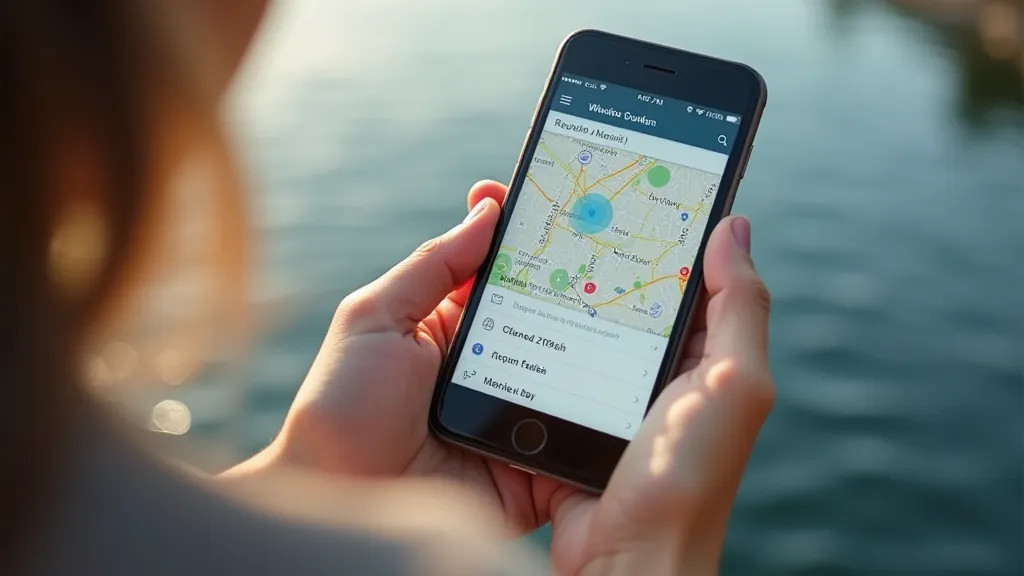Fast Internet Access for Digital Nomads: Finding Reliable Wi-Fi
Reliable internet is a necessity. This guide provides tips for finding fast and dependable Wi-Fi in various locations.
The Digital Nomad's Biggest Challenge: Connectivity
Being a digital nomad is the dream for many: freedom, travel, and the ability to work from anywhere. But that freedom hinges on one crucial element: reliable internet access. A dropped video call during a client meeting, a stalled document upload, or a frustratingly slow website can quickly derail your productivity and impact your income. Let's explore how to overcome this common challenge and ensure you have the connectivity you need to thrive.
Understanding Your Needs
Before you start your search, take a moment to consider your specific requirements. A freelance writer primarily working on documents might need less bandwidth than a video editor uploading large files. Consider these factors:
- Data Usage: Estimate your daily or weekly data consumption.
- Bandwidth Requirements: How many devices will be connected simultaneously? What types of applications will you be using (video conferencing, file sharing, etc.)?
- Latency (Ping): This is especially important for real-time communication. Lower latency means a more responsive connection.
Finding Wi-Fi: Location-Specific Strategies
The quality of Wi-Fi varies dramatically depending on the location. Here’s a breakdown of strategies for common digital nomad destinations:
1. Cafes & Coworking Spaces
Cafes are the classic digital nomad haven. However, quality varies.
- Research Ahead: Use online forums and review sites to check Wi-Fi speeds and reliability before you commit.
- Ask for the Password: Often, cafes don’t advertise their Wi-Fi, so don't be afraid to ask.
- Consider Coworking Spaces: For a more reliable and often faster connection, coworking spaces are a worthwhile investment. They offer dedicated internet infrastructure and a professional work environment.

2. Accommodation – Hotels, Hostels, and Apartments
Many accommodations offer Wi-Fi, but it’s crucial to verify the quality.
- Read Reviews: Pay close attention to mentions of Wi-Fi in reviews on booking platforms.
- Contact the Property: Email or call the accommodation directly to inquire about internet speed and reliability.
- Look for Fiber Optic: Fiber optic internet provides significantly faster and more stable connections.
3. Public Wi-Fi (Use with Caution!)
While tempting, public Wi-Fi hotspots (libraries, airports, parks) are often insecure and unreliable. If you must use them:
- Use a VPN: A Virtual Private Network encrypts your data, protecting you from potential threats.
- Avoid Sensitive Transactions: Don't access banking or other sensitive accounts on public Wi-Fi.
- Be Aware of Network Names: Ensure you’re connecting to the legitimate network and not a fake one set up by malicious actors.
Beyond Wi-Fi: Alternative Connectivity Options
Don’t rely solely on Wi-Fi. Consider these alternatives:
1. Mobile Hotspot
A mobile hotspot (either a dedicated device or your smartphone) provides internet access via cellular data. Research local SIM card options for the best coverage and data plans. Roaming charges can be expensive, so it's best to purchase a local SIM card.

2. Satellite Internet
For truly remote locations, satellite internet can be a lifesaver. However, it’s often more expensive and has higher latency. It's a good option when nothing else is available.
Troubleshooting Common Wi-Fi Issues
Even with the best planning, you may encounter connectivity issues. Here are a few troubleshooting tips:
- Restart Your Devices: This is the classic fix, but it often works.
- Check Your Router: If you're using a portable router, make sure it's properly configured.
- Clear Your Browser Cache: A clogged cache can slow down your browsing speed.
- Contact the Provider: If the problem persists, contact the Wi-Fi provider or accommodation for assistance.
Planning for the Future: The Evolving Landscape of Digital Nomad Connectivity
As the digital nomad lifestyle grows, so does the demand for better internet access. Expect to see continued improvements in mobile data coverage and the emergence of new connectivity solutions. Staying informed and adaptable is key to thriving as a digital nomad.






